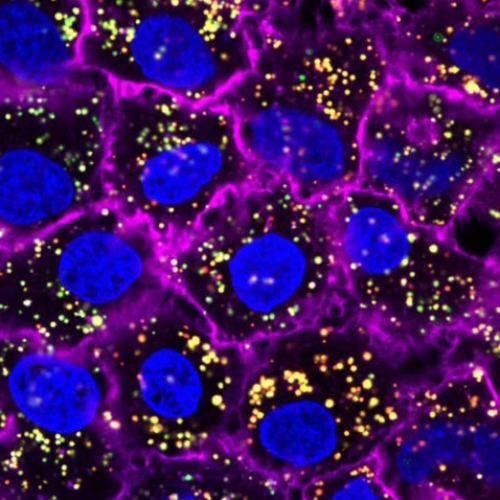Key points from article :
Many chemotherapeutic agents used to treat cancers are associated with side-effects of varying severity.
A class of novel amorphous nanoparticles made up of calcium and citrate are capable of killing tumor cells in a targeted fashion.
Amorphous and porous nanoparticles are encapsulated in a lipid layer.
Ensures that these particles are readily taken up by cells without triggering countermeasures.
Experiments on cultured cells revealed that the particles are selectively lethal.
“We found that the more aggressive the tumor, the greater the killing effect,” - Hanna Engelke, researcher.
Cancer cells causes a rupture of this outer membrane.
In healthy cells, outermost layer retains its integrity.
“Highly selective toxicity of the particles made it possible to successfully treat highly aggressive pleural tumors in mice,” - Dr Engelke.
Over the course of a 2-month treatment, no signs of serious side-effects were detected.
Research by University of Munich (LMU) published in Cell press journal.





